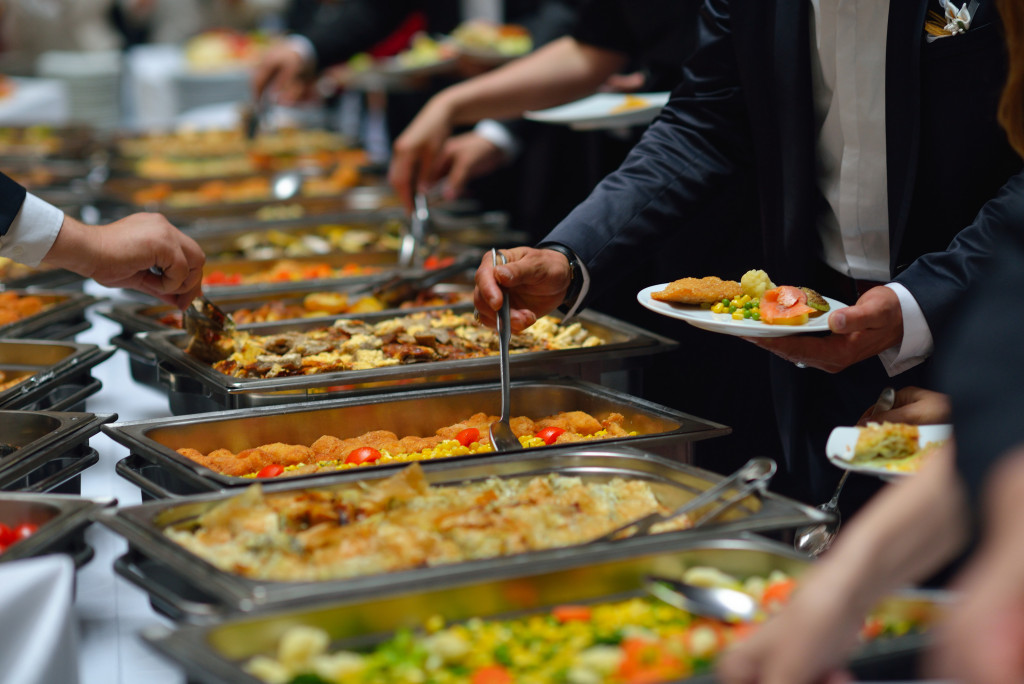Starting a food business can be a daunting task. You have to worry about the quality of your product and the logistics of getting it from your kitchen to your customers, but you also have to think about branding, marketing, and customer service. However, one type of food business can make things a little bit easier for you: the prepackaged food business.
Prepackaged food businesses are becoming increasingly popular as they offer a convenient and affordable way for people to get their meals. If you’re thinking about starting a prepackaged food business, here are some tips to help you get started:
Find a niche market.
When starting a prepackaged food business, it’s essential to find a niche market to target. Finding a niche means that you need to find a specific group of people who will be interested in your product. Doing this will help you narrow down your marketing efforts and make it easier to reach your target audience.
There are many benefits to targeting a niche market. First of all, it’s important to remember that not everyone is your target customer. Trying to appeal to everyone will only make your marketing more difficult and expensive. You can save money on marketing and reach your customers more effectively by targeting a specific group of people.
Another benefit of targeting a niche market is becoming an expert in that area. Being an expert can help you build trust with your target audience and make it more likely that they’ll buy from you.
Research the competition.
When starting any business, it is important to do your research. Researching the competition is especially true when starting a prepackaged food business. You need to know what your competition is doing, what products they are selling, and what price points they are using. The information will help you determine how to position your own business in the market and what products you need to sell to be successful.
Consider what type of food to prepare.
When starting a prepackaged food business, it is important to consider the type of food you want to prepare. Considering the food to prepare will help you decide on the products you want to offer, the packaging you need, and the target market you should focus on.
There are many different prepackaged foods, and each has its unique requirements. For example, frozen meals will need different packaging than fresh food items. Shelf-stable foods can be stored at room temperature, while refrigerated or frozen items must be kept at specific temperatures to prevent spoilage.
The type of food you prepare will also affect the cooking or preparation instructions you need to include on the packaging. Some foods, such as raw meat or poultry, require specific cooking instructions to ensure food safety. Others, such as fruits and vegetables, can be enjoyed without any special preparation.
Finally, the type of food you offer will dictate the price point you can charge. In general, customers are willing to pay more for convenience foods that save them time and effort.

Be aware of the food safety practices needed for any prepackaged foods.
Food safety is a critical component of any food business, whether it is a restaurant or a prepackaged food business. There are specific food safety practices that need to be followed to ensure that the food is safe for consumption. Some of the most important food safety practices include proper hand-washing, keeping the food clean and sanitary, and cooking food to the correct temperature.
It is important to be aware of these food safety practices because they can help prevent foodborne illness. Foodborne illness is a serious public health concern, and it is important to do everything possible to prevent it.
You should also connect with clean room design firms when setting up the area where you’ll package the food. Using this facility reduces the risk of contamination when you pack the food. By following proper food safety practices, you can help keep your customers safe and healthy.
Test your recipes on a small scale before preparing them in bulk
When you’re starting a food business, it’s important to test your recipes on a small scale before preparing them in bulk. This will help you make sure that the recipes are correct and that they taste good. If you prepare too much food and it doesn’t turn out well, you’ll have wasted time and money.
It’s also important to have a clear understanding of the food safety regulations that apply to your business. Preparing food in bulk can increase the risk of foodborne illness, so you need to make sure that you are following all of the necessary safety procedures.
You need to consider the different factors when starting a prepackaged food business. The tips enumerated in the article will increase your chances of connecting with your market and making your business succeed.




